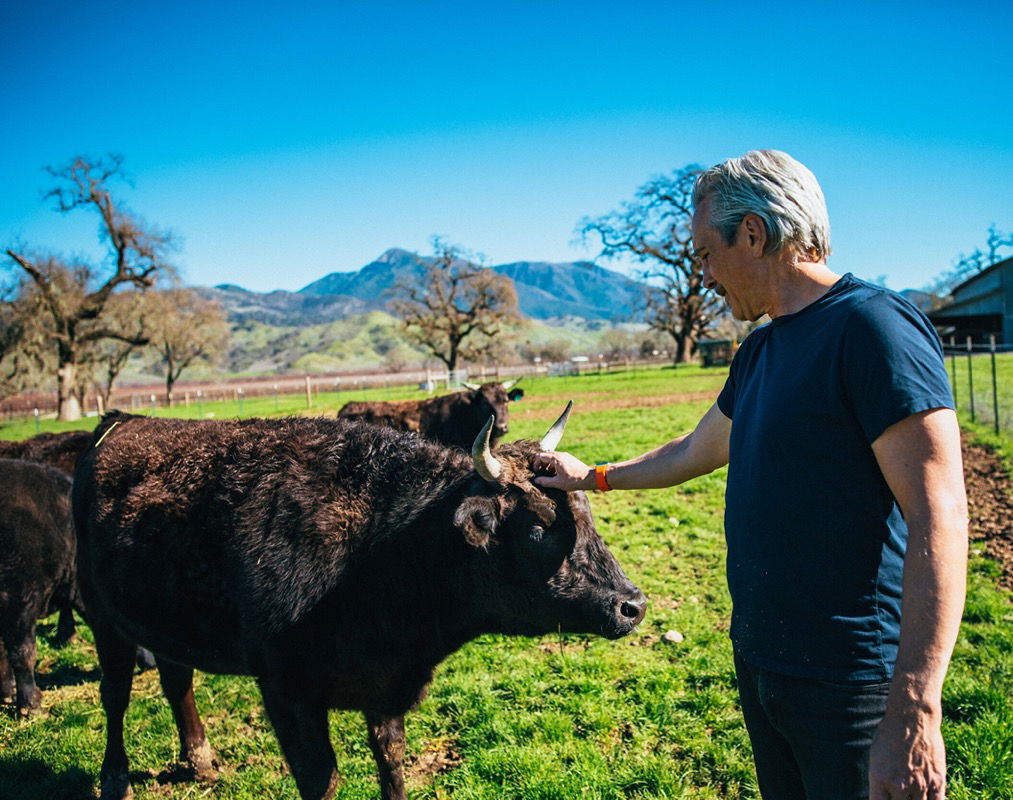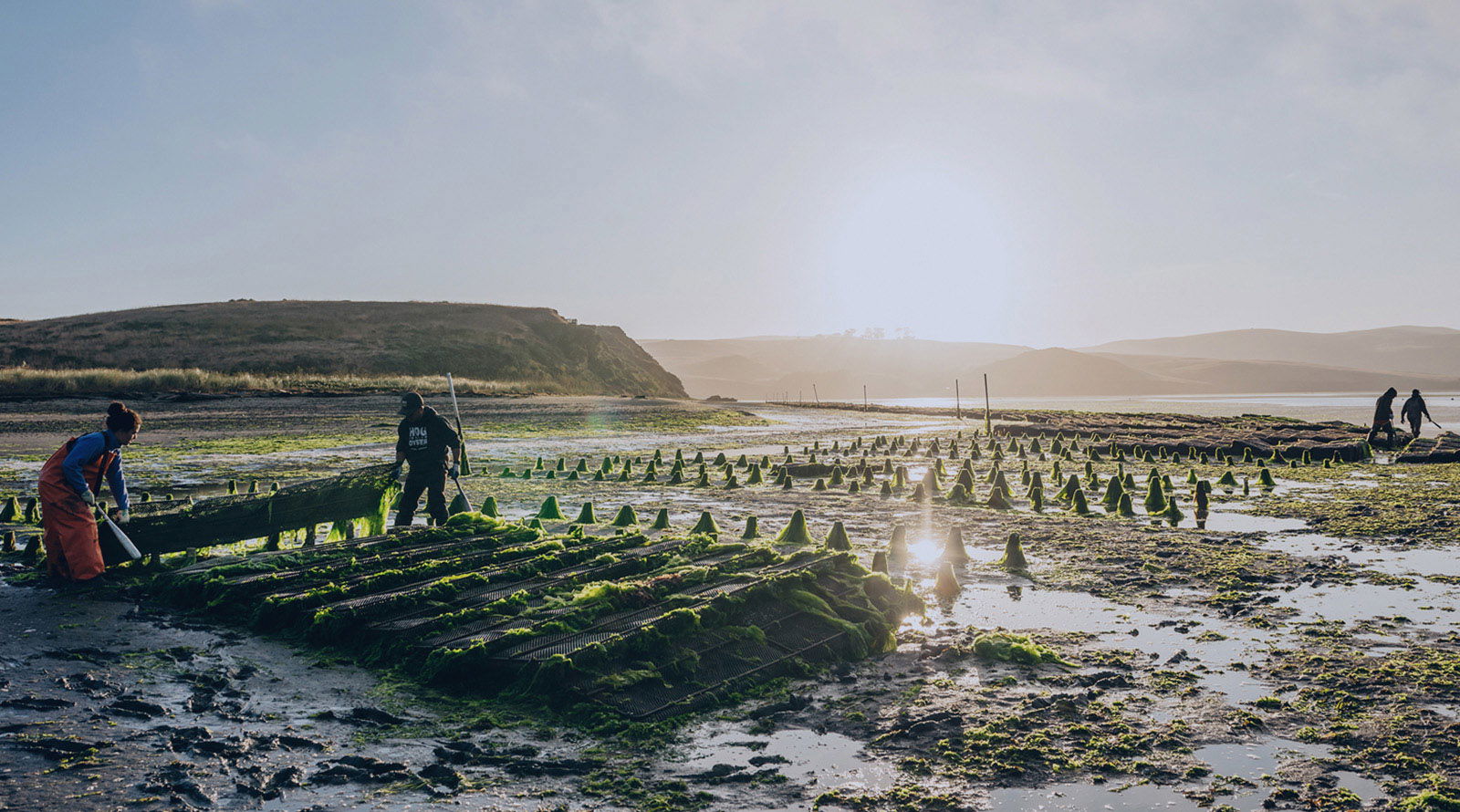Stewardship

Grow in harmony with nature, nurturing the land for generations to come. For farmers and winegrowers in Wine Country, environmental mindfulness is something of a mantra. These pioneers of sustainability are on the vanguard of preservation and stewardship, with each new generation enhancing their understanding of the environment and its permaculture.
Early on, winemakers took strides to discourage overdevelopment. In 1968, two years before the Environmental Protection Agency (EPA) was even established, local officials and vintners created the nation’s first Agricultural Preserve. This zoning ordinance established farming and green spaces in Napa County, immediately protecting 23,000 acres (and today protecting more than 32,000 acres).
We’re a very tight community here and we all have a passion for agriculture, good food systems, great wine and hospitality.
Simple preservation, however, is only the first step on a journey to look closer at winemaking’s relationship with the natural world. Take Littorai vineyards, for example. After farming conventionally early in their careers, owners Heidi and Ted Lemon recognized the benefits of biodynamic and generative farming. They abandoned commercial fertilizers and built a farming ecosystem that supports cows, sheep, chickens and ducks to maximize the production of homegrown ‘estate compost’. They also pioneered a ‘by-the-acre’ process of compensating growers in vineyards they lease; rather than paying by the tonnage which encourages growers to overwork the land, Littorai pays by the acre.
Our goal is to produce as many of the farm and vineyard needs on site as possible in a manner harmonious with and respectful of the surrounding environment and wildlife.
Or take Knights Valley Wagyu, the 227-acre working cattle ranch between Calistoga and Healdsburg. Owners Adam Gordon and Kristina Oneal purchased the property a decade ago as a home, and as a preserve devoted to wildlife, native plants, and cattle. Unlike typical Japanese waygu cattle, which spend their lives in pens with minimal activity, cattle here forage in open pastures, sustainably raised — no pesticides or fertilizers, and with minimal water usage (cows drink from the stream).

On the Sonoma Coast, Hog Island Oyster Co. is at the forefront sustainable aquaculture, collaborating with scientists to understand the impacts of a warming climate on ocean acidification, helping to grow a shellfish industry that is sustainable for coastlines and local communities.
At SingleThread, the Connaughton’s eponymous farm supplies vegetables, fruit, herbs, flowers, honey, eggs and olive oil to the kitchen. Look deeper into dishes at The French Laundry and you’ll find that most ingredients come from surrounding farms; follow the gougére fondue to the source, and you’ll wind up just 30 miles west at Andante Dairy.
From generative farming and biodynamic winemaking to rebuilding oyster beds, the prevailing sentiment here is to keep moving forward — beyond the most progressive environmental standards in the nation, way past simple preservation — and to nurture the natural world in the same way it nurtures us.